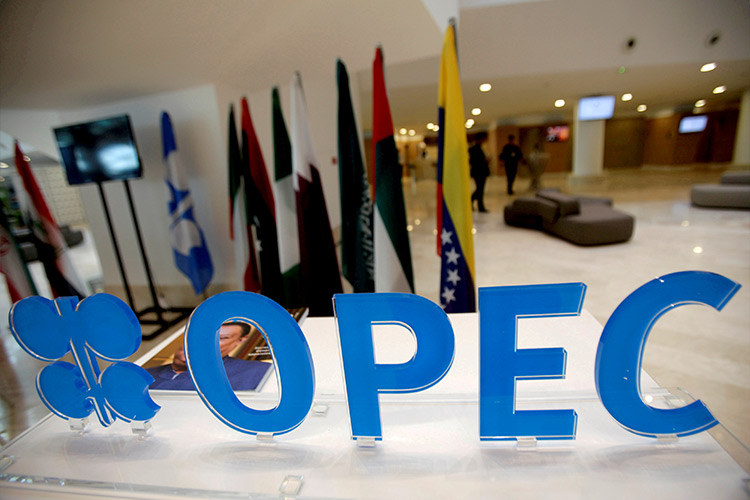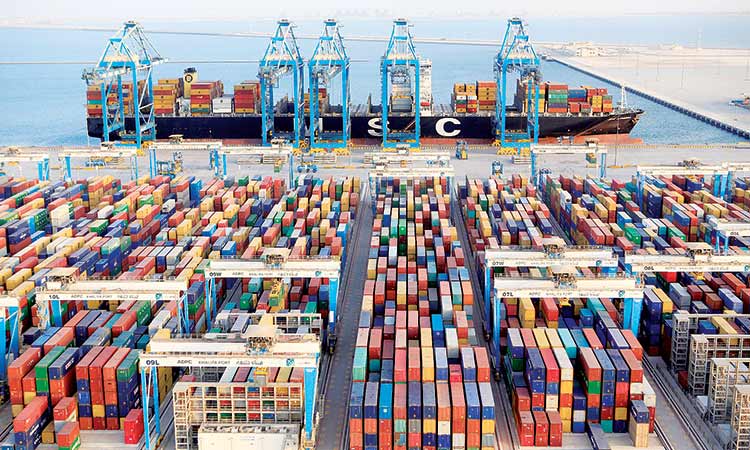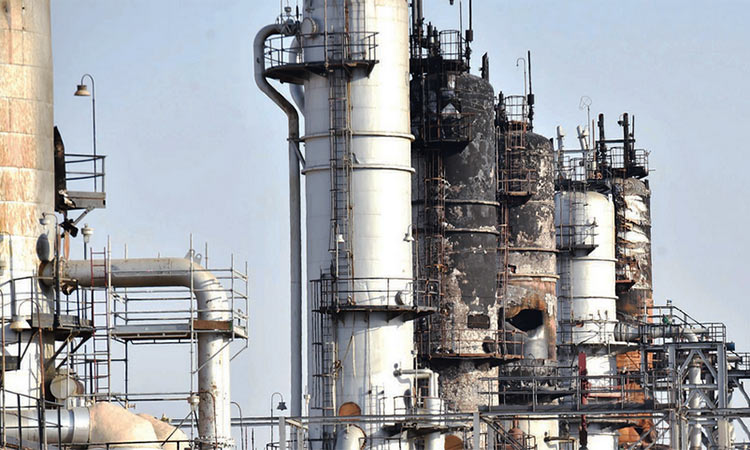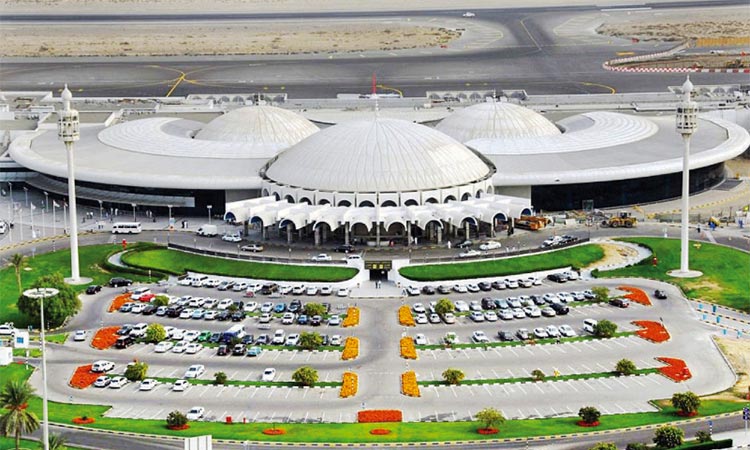Oil producers agree on modest supply boost amid demand woes
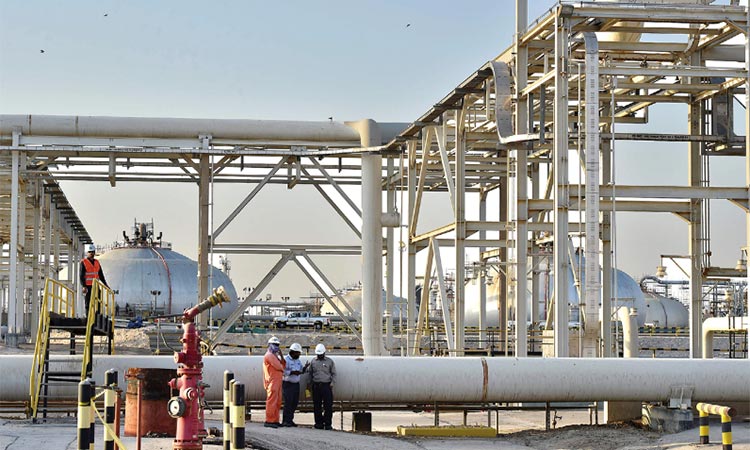
A grand view of Saudi Aramco’s Abqaiq oil processing plant. Agence France-Presse
The Kuwaiti oil minister said on Thursday that the Opec+ strategy of monthly crude production increases ensures market stability and balance, the state news agency KUNA reported.
Minister Mohamed Al-Fares also said that the group, comprising the Organization of Petroleum Exporting Countries and allies including Russia, was monitoring coronavirus lockdowns in Chinese cities and any possible supply disruptions.
Opec+ agreed earlier on Thursday to another modest monthly oil output increase, arguing that the producer group could not be blamed for disruptions to Russian supply and saying China’s coronavirus lockdowns threatened the outlook for demand.
Ignoring calls from Western nations for accelerating output hikes, the group agreed to raise its June production target by 432,000 barrels per day, in line with an existing plan to unwind curbs made in 2020 when the COVID-19 pandemic hammered demand.
Thursday’s meeting of Opec+, made up of the Organization of Petroleum Exporting Countries and allies including Russia, was held amid surging oil prices.
In March, crude prices hit their highest since 2008 at more than $139 a barrel after Russia’s invasion of Ukraine exacerbated supply concerns that were already fuelling a rally. Benchmark Brent crude traded above $111 on Thursday.
The meeting also comes a day after the European Union proposed a phased embargo on Russian oil in its toughest measures yet over the war in Ukraine, which Moscow calls a “special military operation”.
Two sources present at the meeting said delegates completely avoided any discussion about sanctions on Russia, wrapping up talks in near record time of just under 15 minutes.
The oil embargo will likely force Russia to reroute flows to Asia and cut production steeply, while the EU will compete for the remaining available supply. Both factors are likely to support elevated crude prices.
“Opec+ continues to view this as a problem of the West’s own making and not a fundamental supply issue that it should respond to,” said Callum Macpherson from Investec.
Opec Secretary General Mohammad Barkindo said on Wednesday it was not possible for other producers to replace Russian exports of more than 7 million bpd. “The spare capacity just does not exist,” he said.
The West’s energy watchdog, the International Energy Agency, agreed last month to release record volumes of oil stocks to help to cool prices and offset supply disruptions from Russia. Oil prices extended gains on Thursday on supply concerns after the European Union laid out plans for new sanctions against Russia, including an embargo on crude in six months, and Opec+ again rebuffed consumer calls for a faster pace of output rises.
Brent crude was up $1.59, or 1.4%, at $111.73 a barrel by 1231 GMT. US West Texas Intermediate crude rose $1.30, or 1.2%, to $109.11.
Both benchmarks gained more than $5 a barrel on Wednesday.
The EU sanctions proposal, which needs unanimous backing from the 27 countries in the bloc, includes phasing out imports of Russian refined products by the end of 2022 and a ban on all shipping and insurance services for transporting Russian oil.
“The oil market has not fully priced in the potential of an EU oil embargo, so higher crude prices are to be expected in the summer months if it’s voted into law,” said Rystad Energy head of oil markets research Bjornar Tonhaugen.
French environment and energy minister Barbara Pompili said she was confident EU member states would reach a consensus on sanctions by the end of this week.
“The planned EU oil embargo represents a massive logistical challenge for oil markets,” said Investec’s head of commodities, Callum Macpherson.
“Rerouting Russian output from Europe to willing buyers in Asia, in the presence of sanctions, is already so challenging that even Russia has admitted its production will decline significantly.”
Japan said it would face difficulties in immediately cutting off Russian oil imports over the invasion of Ukraine.
Opec+, which comprises the Organization of the Petroleum Exporting Countries, Russia and their allies, agreed to another modest monthly oil output increase, arguing that the producer group could not be blamed for disruptions to Russian supply.
Ignoring calls from Western nations for accelerating output hikes, the group agreed to raise June production by 432,000 barrels per day, in line with an existing plan to unwind curbs made in 2020 when the COVID-19 pandemic hammered demand.
Surging oil prices have eased pressure on the energy-reliant Iran to revive a 2015 nuclear pact with world powers, which would ease sanctions and add more crude to world markets, said three officials familiar with Tehran’s thinking.
